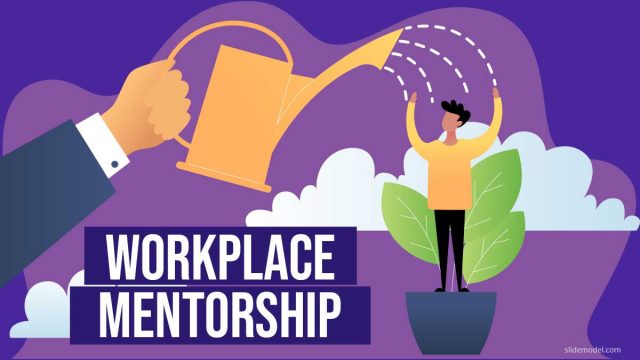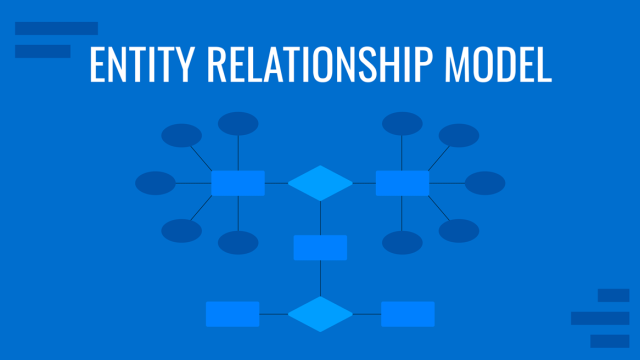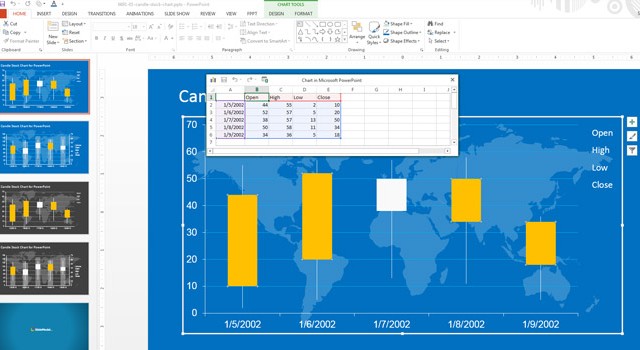
Workplace Mentorship: A Guide for Leaders
Formal workplace mentorship can help formalize knowledge sharing and ensure a continuous flow of experience exchange between senior and junior staff.

Virtual Team Activities: Tips & Tricks to Engage your Team
In this article, we explore what virtual team building is and how this practice can bring remote teams together to bond and work collaboratively.

How to Use the Eisenhower Decision Matrix to Prioritize Tasks
Prioritizing tasks and allocating the required time for each task requires timely decision making that is free of analysis paralysis and procrastination. Both the aforementioned are often a result of the inability of individuals to prioritize tasks based on their urgency and importance. However, such prioritization is easier than most people think, especially if you use the Eisenhower Decision Matrix.

How to Design a Winning Poster Presentation: Quick Guide with Examples & Templates
Do you feel as if your research posters lack the design factor to become more attractive? Learn how to create poster presentations with our step-by-step guide here.

Google Slides Dimensions: What Size is Google Slides and How to Change Slide Size?
Any presentation slide can have its size adjusted with some simple steps. Learn how to change dimensions in Google Slides with this detailed guide.

Value Stream Mapping (VSM): Guide for Manufacturing Leaders
It doesn’t matter if you manufacture electric batteries for vehicles or toy trucks, the manufacturing processes may have very similar steps and areas of waste. And if that’s the latter you are struggling with, Value Stream Mapping may help you locate actionable ways for becoming leaner.

Job Description Template: A Guide for Better Recruiting Process
Have you questioned yourself what are the key elements in a job description document? In this guide, we explore how to write a quality job description using job description templates for PowerPoint & Google Slides.

ER Model: What is an Entity Relationship Diagram
Get in touch with what an Entity Relationship Model is, its components, and how to create one by checking this detailed guide.

How To Edit the Candlestick Chart PowerPoint Template
The candlestick was introduced in Japan during 17th century and it was widely used for technical analysis to trade rice. The US version was initiated by Charles Dow around 1900, although many of the guiding principles were very similar. Candlestick is a chart that displays the high, low, opening and closing prices for a security. This kind […]